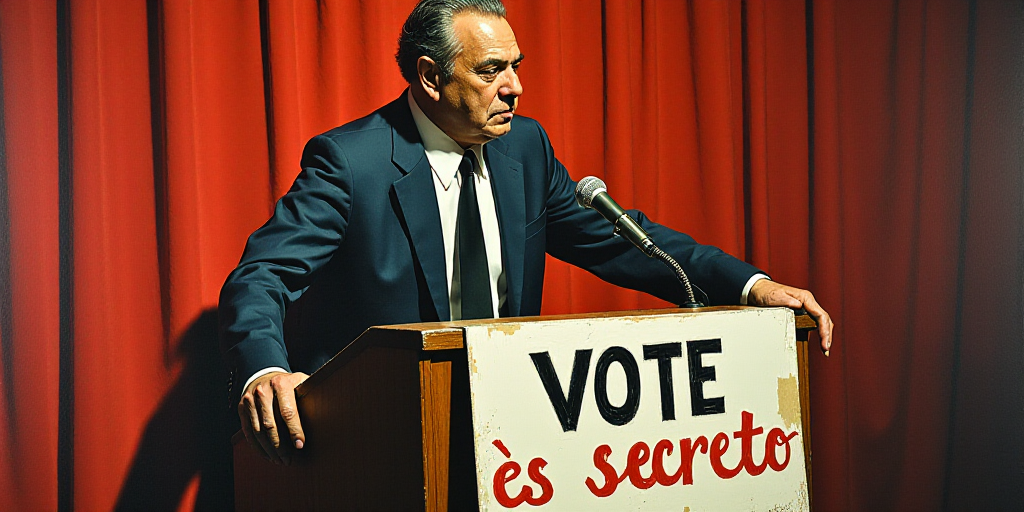Overview and Key Figures
The Mexican government has initiated a national consultation for electoral reform, inviting citizens to actively participate in shaping an initiative for electoral system changes that will be presented to Congress in January 2026. During one of her morning press conferences, President Claudia Sheinbaum announced the inclusion of public hearings in all 32 states, diverse viewpoint debates, and digital mechanisms to gather citizen proposals.
Pablo Gómez Álvarez will lead the Presidential Commission for Electoral Reform, responsible for overseeing the citizen exercise. From September to December 2025, there will be a series of public forums, along with an official microsite (click here) where citizens can learn about topics, submit contributions, and review the activity schedule.
Upon completion of the consultation, the conclusions will be integrated into a formal proposal to be submitted to Congress for legislative discussion.
Key Topics for Discussion
The Commission has proposed ten main areas of discussion to review various aspects of the electoral system’s institutional design, operations of electoral bodies, budget savings, and citizen participation methods:
- Political party system and financing.
- Model of electoral justice.
- Proportional representation and majority rule rules.
- Citizen participation and direct democracy mechanisms.
- Role of local and federal electoral bodies.
- Campaign oversight and spending limits.
- Integration and powers of the National Electoral Institute (INE).
- Transparency and accountability in political parties and authorities.
- Gender parity and representation of vulnerable groups.
- Use of digital technologies in electoral processes.
Reactions to the Proposed Changes
Deep structural changes have sparked tension, though the government clarified that the National Electoral Institute (INE) will remain autonomous. Debates also revolve around modifying the figure of plurinominal deputies and senators, reducing electoral costs, and adjusting proportional representation mechanisms.
The government has outlined a nearly five-month work plan involving opening forums, hearings, and questionnaires to gather opinions from various sectors: social organizations, political parties, indigenous communities, citizens, academics, migrants, electoral bodies, and more.
Following this process, the reform—with its respective amendments—is expected to be formulated and sent to the Union Congress in January 2026.
Key Questions and Answers
- What is the purpose of this national consultation? The Mexican government aims to engage citizens in shaping an electoral reform initiative that will be presented to Congress in January 2026.
- Who will lead the citizen exercise? Pablo Gómez Álvarez will head the Presidential Commission for Electoral Reform.
- What topics will be discussed during the consultation? Ten key areas of discussion include political party systems, electoral justice models, representation rules, citizen participation mechanisms, electoral body roles, campaign oversight, INE integration and powers, transparency and accountability, gender parity, and digital technology use in electoral processes.
- Will the INE remain autonomous during this process? Yes, the government has clarified that the INE will maintain its autonomy throughout this process.
- What is the expected outcome of the consultation? The conclusions from the consultation will be integrated into a formal proposal to be submitted to Congress for legislative discussion.
- When will the reform be sent to Congress? The reform, with its respective amendments, is expected to be sent to the Union Congress in January 2026.






